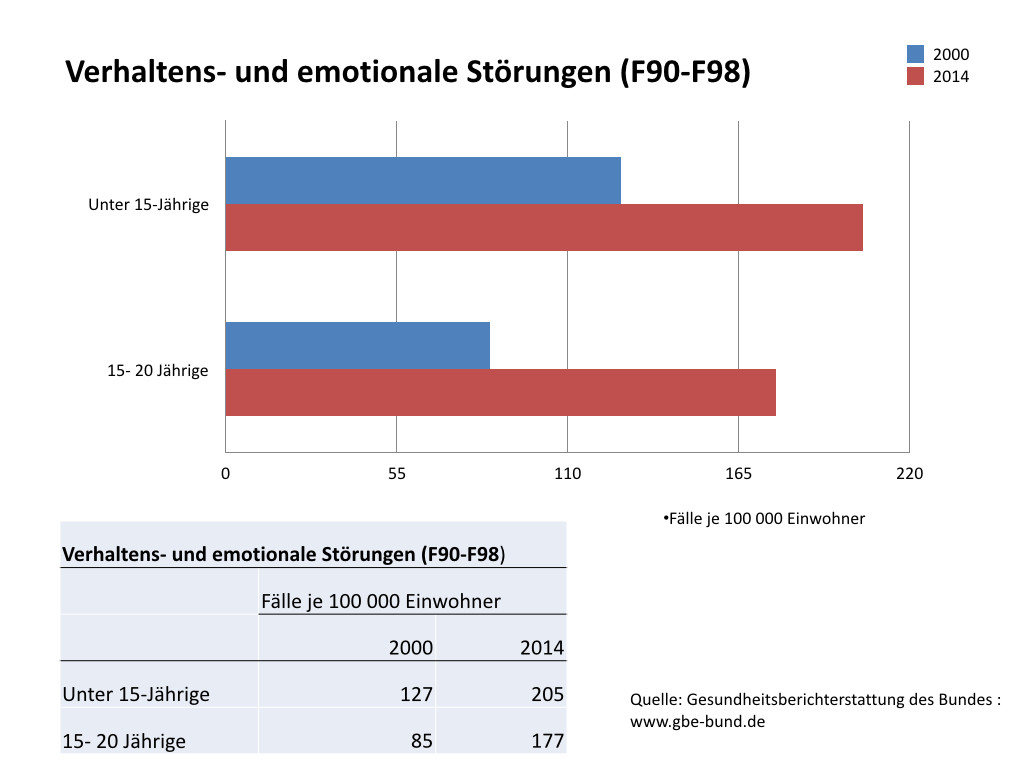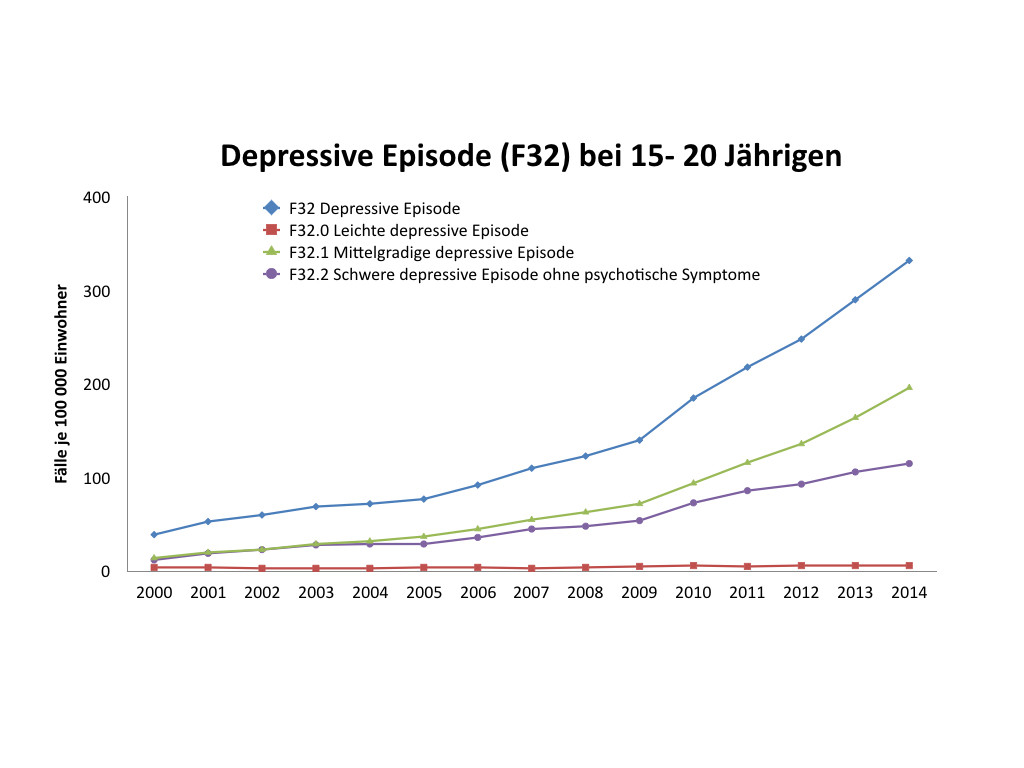New Performance Paradigm Needed: Why We Should Include Wellbeing

Michaela Brohm-Badry
The increasing concentration of working time and learning time in competition-oriented performance structures shortens the necessary time for reflection, because in the everyday understanding, as well as physically, performance describes the work done in a time unit. Performance is work divided by time (p = w / t). It is measured by its effectiveness and efficiency. If we want to maintain the capacity to lead a humane life and to cope with the upcoming challenges of the global society it is necessary to perform much more humanistically. Therefore we suggest to define performance as work x well-being through time (p = (w x w) / t).
Valuable Condition: We are awake, self-aware, perceive other people, and reflect on the effects of our behavior. Reflection means exactly this reflection on the self, one’s own actions and action consequences.
And that takes time. A quiet time of thought. It is amazing that the measure of reflection is related to performance: In a recent study, we examined the influence of reflectivity on achievement motivation and found meaningful relationships: from elementary school to high school (N = 654), multilevel analyzes of student data showed strong, significant associations between reflexibility and achievement motivation (p <0.001, 0.27). In addition, flow experience was associated with high performance goals (p <0.001, 0.35) and high endurance and diligence values (Brohm / Vogt 2016).
The increasing concentration of learning time and working time in competition-oriented performance structures shortens precisely this necessary time for reflection; there is no room left for quiet, deep, humane development, because maximum performance means maximum work output within a minimum of time. More in less time. So here’s a cold understanding of performance. “Cold performance”, so to speak.
And that has consequences on social, organizational and individual level:
Seven billion people currently inhabit the earth. Fifty years ago, it was three billion. 10 billion will it be in the lifetime of our children’s children. And all of them want to eat, drink and many of them to consume. This rapidly growing world population behaves rapidly mercilessly against water, earth, forest, climate, species, the cosmos and the rivaling people themselves (see Emmott 2015).
Limited is also the reflectivity of a part of our “performance elites” therefore. In view of their own consequences on the welfare of people even morbid limited: Virtueless leaders fuel the competitive performance orientation, lead departments or entire companies in lies and deceit, disintegrate confidence and endanger existence. ee can plausibly assume that the “pseudo-elites” are losing their ability to reflect on their consequences (Brohm, 2016).
The same applies in the context of the increase in behavioral and emotional disorders (often dissociality!) in children and adolescents (Federal Statistical Office 2015).

At the same time, the burnout, depression and psychopharmaceutical rates are rising rapidly.

Not surprisingly, 85% of German employees tend to be negative towards their work and/or employer (Nink 2015 in the Gallup study), providing inadequate, deficient or destructive results, thus negatively impacting their colleagues cause high sickness and turnover costs through re-job postings, induction periods, knowledge transfer costs, know-how loss, etc.
With all these in mind, our current performance paradigm is pretty irrational. If we want to maintain the capacity to lead a humane life, we need a new performance paradigm, one that includes well-being: Because it is about the welfare of the growing world population, it is about the upcoming challenges of the global society, the organizations and it is about individuals with a reflective, philanthropic attitude. It is necessary to perform humanistically. Performance is work x well-being through time (p = (w x w) / t). It’s about “hot performance”, so to speak.
References
Brohm, M./Vogt, D. (2016). Leistungsmotivation: der Einfluss von Flowerleben und Reflexionsfähigkeit. In G. E. Dlugosch, J. Fluck & C. Marquardt (Hrsg.), Gesundheit und Bildung: Schülergesundheit (Empirische Pädagogik, 30 (2), Themenheft). Landau: Verlag Empirische Pädagogik.
Emmott, S.,(2015). 10 Milliarden. Suhrkamp Taschenbuch
Nink, M. Engagement Index (2015). Die neuesten Daten und Erkenntnisse aus 13 Jahren Gallup-Studie. München. Redline.
Statistisches Bundesamt. (2015). Gesundheitsberichtserstattung des Bundes. http://www.gbe-bund.de/gbe10/ abrechnung.prc_abr_test_logon?p_uid=gast&p_aid=93557518&p_sprache=D&p_knoten=TR200 (Zugriff: 24.11.15).
image: shotshop.com

